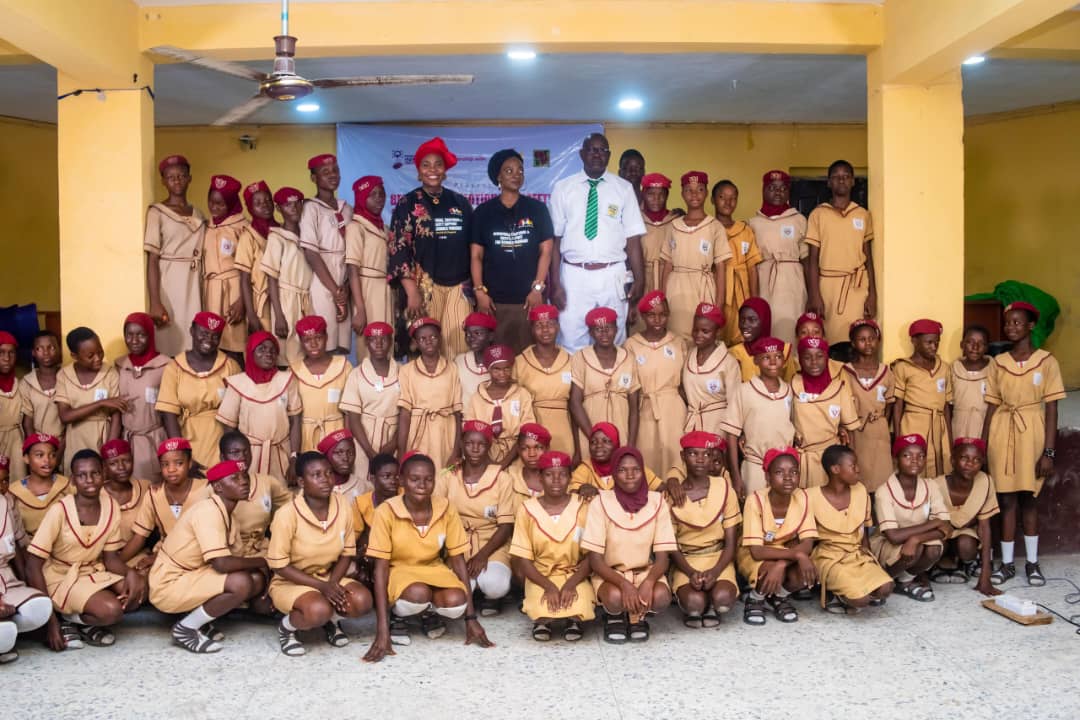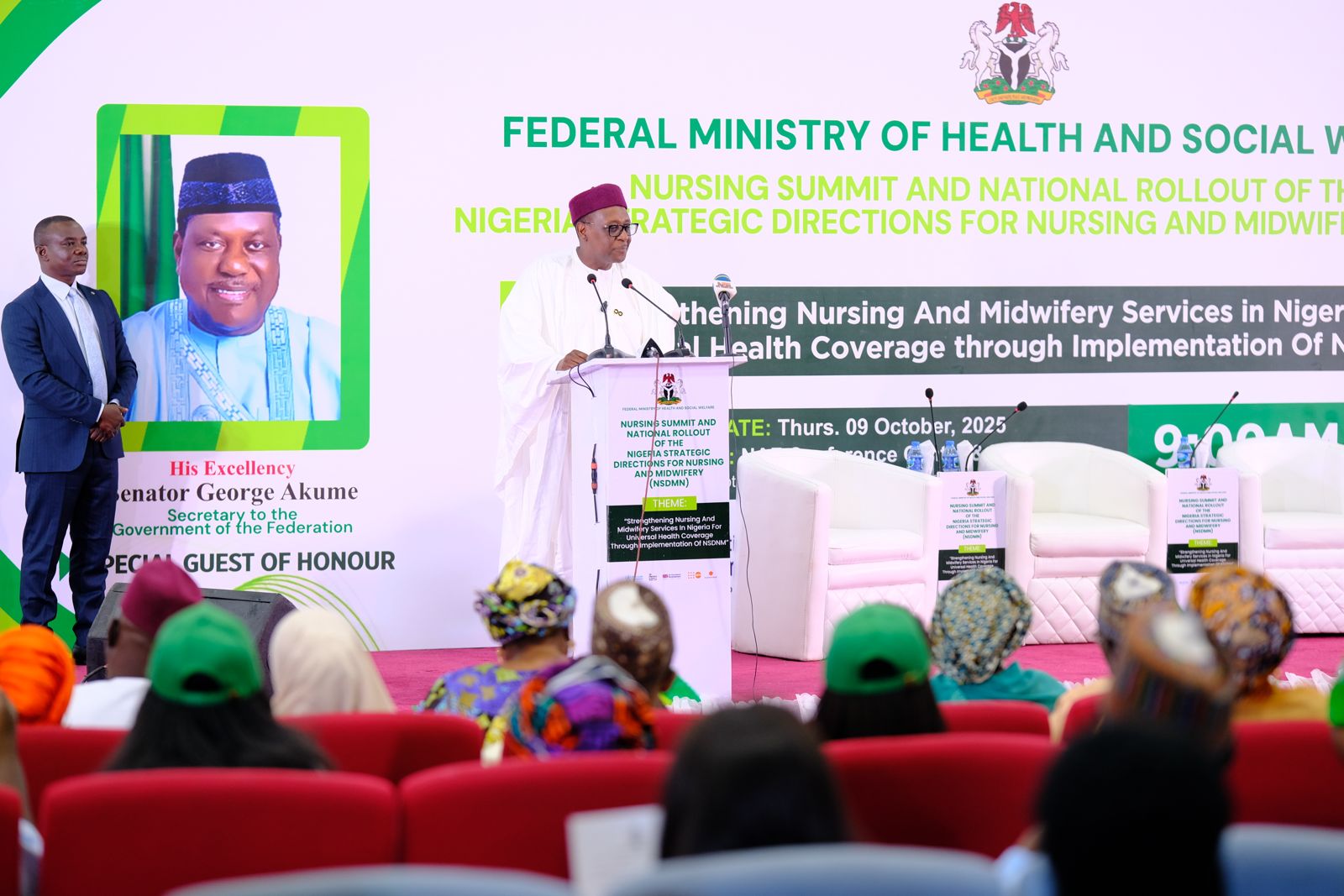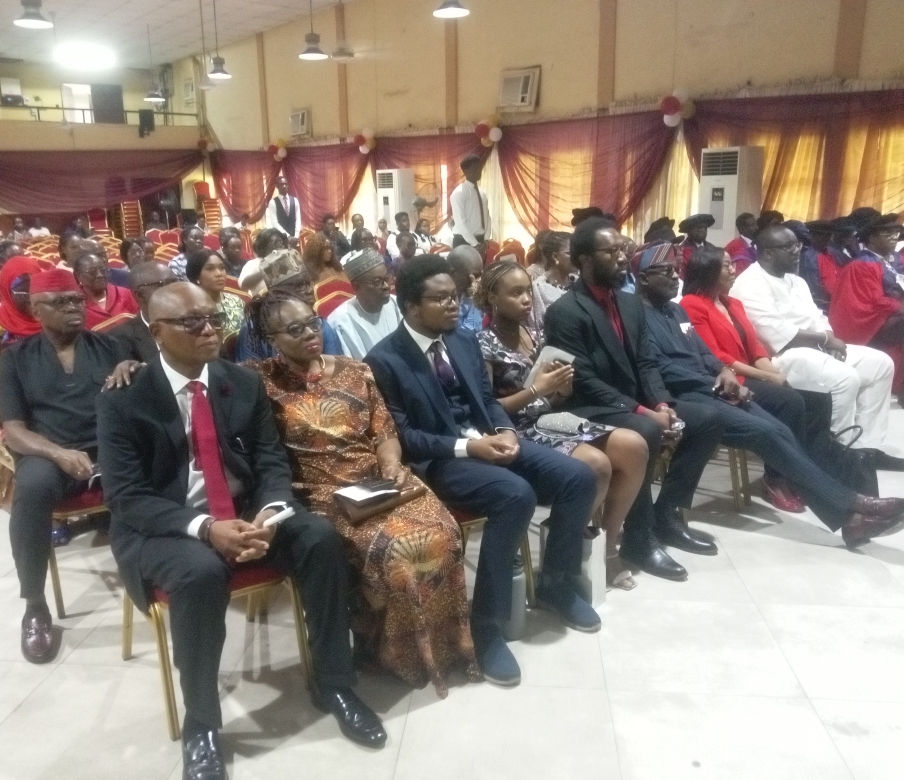
Over 300 secondary school students in Lagos have received life-changing lessons on trauma, emotional well-being, and resilience through the Behavioral, Emotional and Safety Support (B.E.S.S.) Program, a youth mental health initiative powered by The Mental Health Conference (TMHC) and Pinnacle Medical Services, under the leadership of Dr. Maymunah Yusuf Kadiri, Nigeria’s leading neuro-psychiatrist and mental health advocate.
Held on Monday, October 27, 2025, at Lagos City College and Wesley College, Yaba, the event carried the theme: “TRAUMA: It’s Okay Not To Be Okay.” It delivered a powerful message to young Nigerians — that emotional pain is not weakness, silence is not strength, and healing begins when they start talking about what hurts.
For many of the participants, it was the first time hearing adults speak openly about mental health in relatable language. Through storytelling, laughter, and interactive discussions, the B.E.S.S. team helped students understand that trauma does not always show as tears — sometimes it hides behind anger, withdrawal, or silence.
> “Our children are growing up in a world filled with academic pressure, bullying, family stress, and social media anxiety,” said Dr. Maymunah Kadiri, Consultant Neuro-Psychiatrist and Convener of The Mental Health Conference. “This program is designed to help them identify their emotions early, ask for help, and build the mental strength to thrive — not just survive.”
The program received strong support from Eat N’ Go (owners of Cold Stone Creamery, Domino’s Pizza, and Pinkberry Nigeria), Saudat Salam Foundation, and HerLeap Network, all of whom share the belief that mental health is a collective responsibility. Their collaboration created an environment where learning met love — and mental health met mentorship.
Dr. Maymunah emphasized the need for stronger corporate involvement:
> “Corporate Nigeria must see mental health not as CSR, but as an investment in the nation’s future. When we build emotionally resilient students, we build a stable workforce, safer communities, and a healthier nation.”
From trauma education to emotional literacy exercises, every activity was tailored to make mental health real, relatable, and relevant. Students learned to recognize and express feelings of sadness, fear, or stress; to respond with empathy to peers in distress; and to seek help without shame. Teachers and counselors were also equipped with strategies to create psychologically safe learning spaces.
A 15-year-old participant shared:
> “I used to think trauma was only for people who lost someone. Now I know it can come from pressure or stress too. I learned it’s okay to talk about how I feel.”
The B.E.S.S. Program forms part of a broader national plan by TMHC and Pinnacle Medical Services to integrate mental health education into Nigerian schools. The initiative aims to reach 10,000 students in 2026, with a long-term vision of creating a generation that is emotionally aware, mentally strong, and socially responsible.
As conversations on mental health gain global attention, this Lagos pilot stands as a beacon of hope for Africa, demonstrating that the change the continent needs can begin in the classroom.
READ ALSO:
Dr. Maymunah concluded with a call to action:“We’ve seen what one session can do. Now imagine what one sustained program can achieve. The future of Nigeria depends on the mental health of its young people.”
The Behavioral, Emotional & Safety Support (B.E.S.S.) Program remains a pioneering school-based intervention that uses storytelling, peer engagement, and psychological first aid to reduce stigma, build resilience, and promote early emotional healing among students.





